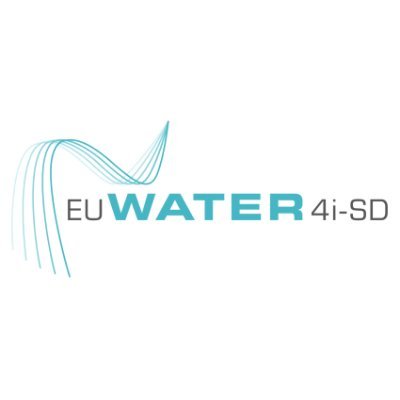Research, Analysis and Strategy Institute to deliver policy research and recommendations on the internationalization of SMEs in the environmental sector


We are pleased to announce that Research, Analysis and Strategy Institute was selected to deliver policy research for the project: EUropean Water-smart initiative for fostering International Sustainable Development euWater4i-SD. We will be working on the topic: Facilitation tools for joint venture between environmental SMEs wanting to go international in non-EU countries.
Participating in clusters facilitates the internationalization of environmental SMEs. The benefits are numerous. Among them are access to international networks, access to funding and investments, knowledge sharing and collaboration, access to resources and support services, networking and partnerships, economies of scale and scope, policy advocacy and representation, brand and reputation building, risk reduction and resilience.
Clusters often have established networks that extend beyond national borders. Being part of a cluster provides SMEs with access to international contacts, partners, suppliers, and distributors, facilitating their entry into foreign markets. Clusters may attract foreign investors, venture capitalists, and funding agencies interested in supporting international expansion initiatives. By being part of a cluster with a strong reputation and track record, SMEs can gain access to funding opportunities and investment capital that may not be available to them individually. Clusters facilitate the exchange of knowledge, ideas, and best practices among SMEs operating in the field of environmental protection and sustainability. This collaboration can lead to increased innovation, efficiency, and productivity for all members of the cluster. SMEs within clusters often benefit from shared resources such as infrastructure, specialized facilities, and support services. These resources may include access to research and development facilities, training programs, and financing opportunities that individual SMEs might not be able to access on their own. Clusters provide SMEs with opportunities to network with other companies, potential customers, suppliers, and research institutions. These connections can lead to partnerships, joint ventures, and new business opportunities that help SMEs expand their market reach and access new markets.
By clustering together, SMEs can achieve economies of scale and scope in areas such as production, marketing, and distribution. This can result in cost savings, increased competitiveness, and improved bargaining power with suppliers and customers. Clusters often serve as a collective voice for SMEs, advocating for policies and regulations that support the interests of the industry. This representation can help SMEs address common challenges, navigate regulatory hurdles, and create a favorable business environment. Being part of a recognized cluster can enhance the visibility, credibility, and reputation of SMEs both domestically and internationally. This can attract customers, investors, and partners, opening up new opportunities for growth and expansion. By clustering together, SMEs can reduce individual risks associated with market fluctuations, resource shortages, or technological disruptions. Collaboration within clusters can enhance resilience by providing mutual support and sharing resources during times of uncertainty or crisis.